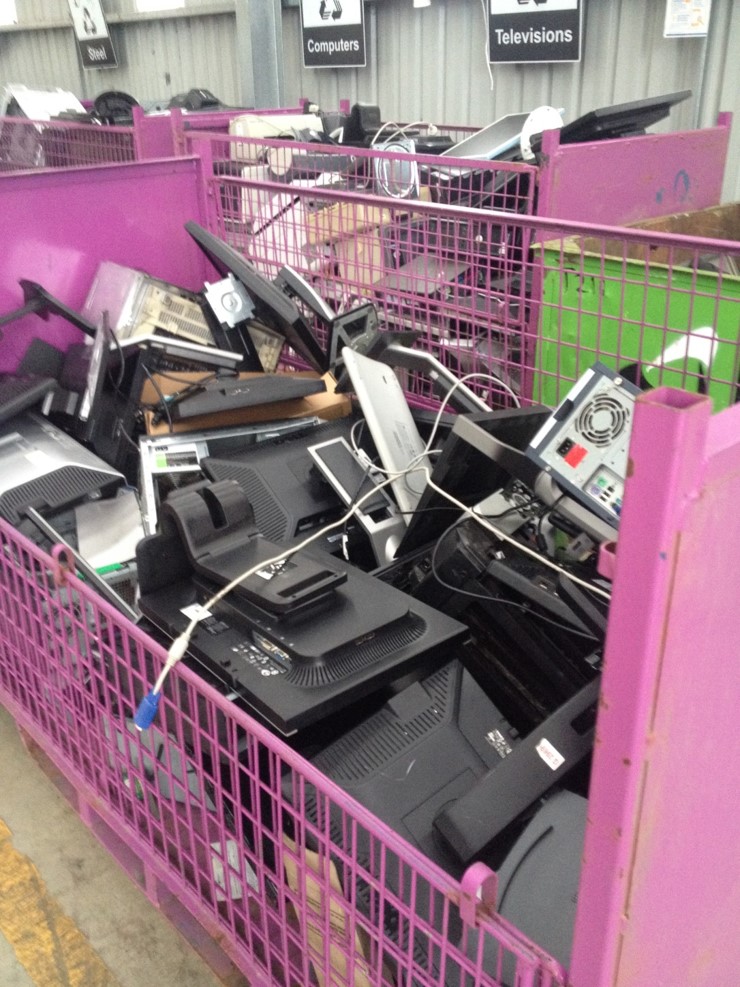What is e-waste?
News and Events / News
What is e-waste?
E-waste (short for electronic-waste) is electrical equipment that no longer works and can’t be repaired. It Includes computers, printers, mobile phones, TVs, monitors and electrical accessories like keyboards, power supplies and cables.
Some e-waste products are recycled under Product Stewardship Schemes, this means that when you buy these products a portion of their price is used to pay for the collection and recycling of them once they no longer work. In Australia, this includes entertainment equipment, mobile phones, computers and printers.
Not all e-waste collection and recycling is covered by a Product Stewardship Scheme so small fees are sometimes necessary when the items are returned for recycling to help with the cost of dismantling these valuable resources.
NOTE! E-waste recycling services vary around Tasmania.
> > Check with your local council to see what can be recycled in your area.
> > Electrical-goods retailers (such as Officeworks) also sometimes collect e-waste recycling.
Here’s a general guide to the e-waste items most commonly accepted for recycling in Tasmania :
Televisions
Computers
Laptops / Notebooks
PDAs / Tablets
Monitors (including flat-screen LCD)
Projectors
Printers and multi-functional devices (MFDs)
Keyboards
Mice
Power supplies and adaptors
Cables.
Special collections may also exist for:
Mobile phones
Printer cartridges
Hard drives
Servers
Batteries
Air conditioning units
Smart boards
Docking stations
Modems and set-top boxes
Games consoles
Can it be repaired?
Fixing damaged electronic items can save money and conserve resources. Manufacturers may offer repair services, especially if still under warranty. There are also Repair Cafes and licensed technicians who can service and repair a wide range of electronic products.
See what’s possible, you can always turn to recycling as a last resort if repairs cannot be made and re-use if no longer an option.
Tips to reduce e-waste
- If you buy new equipment, ask about reuse and recycling options to help inform which product you choose.
- Avoid disposable products. Only buy products that are durable or repairable and have a good warranty.
- Consider leasing equipment that can be returned when it is no longer needed.
Read more about e-waste in our fact sheet
Thanks for rethinking waste in Tasmania!
